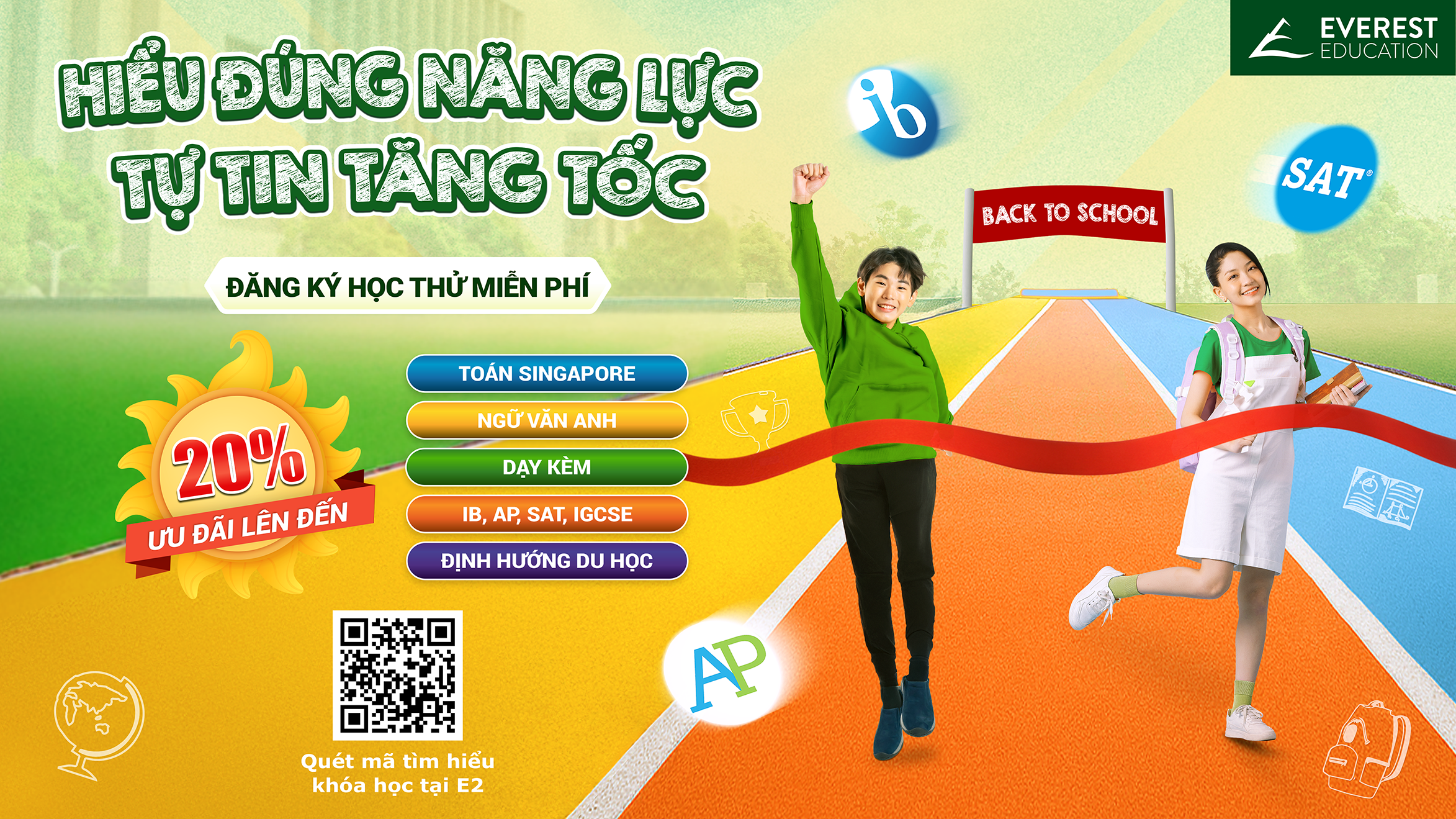5 Benefits of Extracurricular Activity
Undertaking extracurricular activities has far-ranging benefits that touch on many aspects of a child’s development. When children participate in extracurricular activities, the benefits are exponential as they have a tremendous influence on your child’s physical health, psychological well-being, and social development. Here are five key reasons why you should be encouraging your child to take on something away from the classroom:
1. Self-exploration
Academics is typically an acquired flair. However, every child is gifted with a unique talent. Participating in extracurricular activities gives your child a chance to learn more about themselves and their interests. This helps them to decide what they truly like to do and can help them choose a major in the future. Not only that, but extracurriculars also let your child explore interests they never even knew they had, allowing them to be more diverse in their likes and dislikes.
Beyond that, extracurricular activities instill vital skills and personality traits that can be helpful in other walks of life. For example, sports are crucial to developing teamwork, leadership, and problem-solving skills. A musical instrument requires perseverance, hand-eye coordination and, above all, creativity. These are vital skills that could stay with them for a lifetime.
2. Boost academic performance
Many of the skills that lie at the heart of extracurricular activities can be learned during core academic subjects. Education requires solid problem-solving skills, memory, creativity, and critical thinking. To varying degrees, you can find an extracurricular activity that has an impact on these areas. For example, learning to read music is like learning to read a whole different language, with math skills thrown in the mix! When performing a solo, your child has to read music, practice and critique their own performance. All these skills transfer to performance across the curriculum and contribute to overall lifelong career-oriented skills!
Research has been carried out that develops a link between extracurricular participation and better academic performance. In one study by the Texas A&M University, important academic outcomes like reading, math achievement and course grades were all found to be positively influenced by children who engage in extracurricular activities.
3. Improve confidence
As a child learns what they are good at, they will enjoy enhancing their motor skills; they will also gain confidence. They will learn things like time management as extracurricular activities force a child to prioritize their to-do list. Even this will help them be more confident because it will help them feel like they are taking control of their lives. Children who feel that they have the self-efficacy to achieve their goals are less likely to give up when faced with challenging academic subjects like math.

4. Enhance social skills
These days, our children are becoming unsociable creatures. While engaging in extracurricular activities is typically done in a group setting, your children can develop in the sense that they will learn they are not alone in their interests, and they will learn how to interact with like-minded individuals. Socializing with others who enjoy what they like doing may even help them develop friendships that last a lifetime. At the same time, they learn and respect the value of teamwork. Also, it will keep their mind off from disturbing behavior and inappropriate activities.
5. Build up a good resume
Extracurricular activities are also a great benefit to a students’ resume when applying for universities or jobs. Believe it or not, when applying to colleges abroad, you will be surprised to see how much they are interested in how you choose to spend your free time. 100% of our College Compass students – who have got accepted to top universities in the world – confirm that extracurriculars play a massive role in their college applications. The reality is that, combined with your grades and test scores, extracurricular activities are one of the best ways college officers can get an idea of who you are.
“Extra-curricular activities help students learn about themselves and develop and use their skills and knowledge in different contexts,” says Chris Davison, deputy director and careers adviser, with the careers and enterprise team at Durham University. “Such activities are an essential element of the university experience.” Extracurricular activities also demonstrate that your child has varied interests and a curiosity to learn beyond the traditional classroom.
College Compass is a College Advisory Program by Everest Education, where we offer personalized coaching and guidance to students from earlier years of high school. Our alumni have successfully applied to the most competitive schools in the world (Harvard University, Stanford University, Cornell University, Duke University, Williams College, Amherst College, NYU, Bates College, University of Southern California, Minerva…). The program is led by Co-founders and Senior Lead Counselor of Everest Education, who graduated from Stanford University, Harvard Business School, MIT Sloan School of Management, and have served as alumni interviewers for Stanford.
>> Learn more about College Compass here
What Counts as an Extracurricular Activity?
If parents don’t know what activities can be counted as an “extracurricular” or have no idea of what options available out there, below, we suggest some of the most popular extracurricular activities amongst children.
The Common App says that extracurricular activities “include arts, athletics, clubs, employment, personal commitments, and other pursuits.” Almost anything that you are actively and productively involved in can be considered an extracurricular activity. You may be familiar with some of the popular categories of extracurriculars already:
- Sports: includes playing on a school sports team, an intramural team, or a club team outside of your school. The benefits of joining a sports team are extensive. Physically, it encourages a healthy lifestyle and develops key physical attributes. Mentally, it develops teamwork, problem-solving and communication skills while socially, few extracurricular activities bring individuals together as sports can.
- Community Service: includes any sort of volunteer work, either in your community, on a national scale, or abroad. This is also an excellent way to develop students’ resumes.
- Employment, including any jobs or internships: for older students, part-time jobs can be a valuable opportunity to expose them to industries they have shown an interest in or might like to go into in their career. Employers love to see a proactive individual who has shown intent to develop their career from an early age.
- Arts: includes visual arts, performing arts, comedy, culinary arts – this list is almost endless.
- Academic activities: such as math or science clubs or competitions, research, or writing. Aside from sports, student bodies like a union, debating team or student representation in a school government are all great ways to show a hunger for leadership, responsibility and a desire to tackle difficult subjects. This is also a great way to develop problem-solving and communication skills.
- Culture-based clubs: Culture-based clubs might be something as broad as film, music, languages, blogging, a film club, hiking, Rubik’s Cube competitions, cosplay, and more. Whatever interests your child, getting involved in a relevant club gives them the chance to socialize with like-minded children.
Schools and local communities nowadays are full of exciting activities that could spark your child’s imagination and capture their attention. Try to read your child’s general interests and consider what they may or may not be interested in taking part in. Talk to your children about the types of activities you think they would enjoy. By beginning the conversation early, you can give them options for what they would like to try until you find the perfect activity. Then, look for what’s available to your child in their school or the wider community to find an appropriate club for your child. And if your child wants to pursue something that’s not available, seek mentorship or advice from her teachers, or trusted counselors – we at Everest Education are happy to help!
And who knows? Maybe what your child chooses could be the ticket to her future dream job!
















